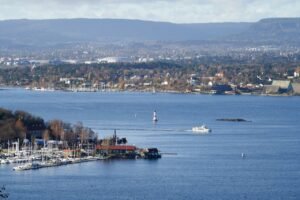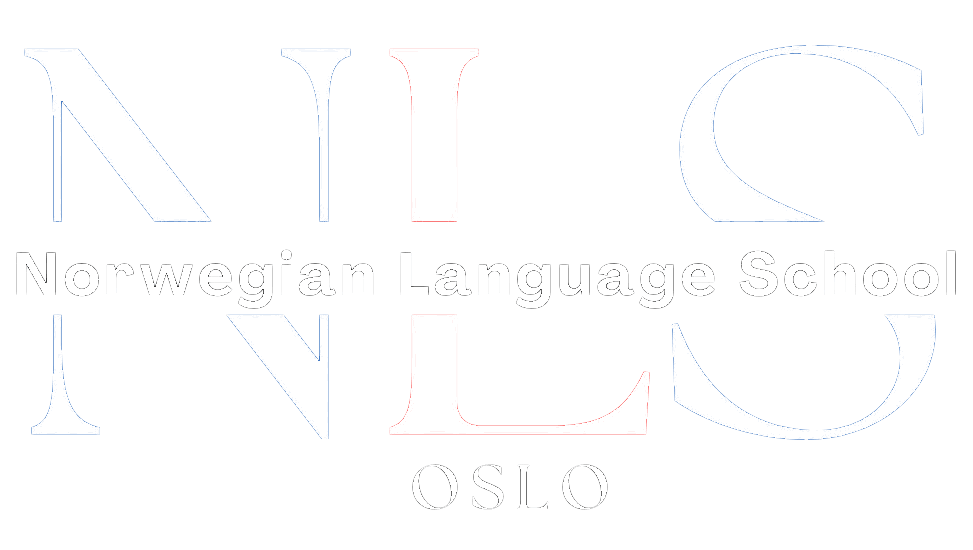

Marine Words: English for Sea Explorers
Learning marine vocabulary is essential for anyone interested in exploring the world of the sea. Whether you are a sailor, a marine biologist, or simply someone who enjoys spending time on the water, understanding the language of the sea is crucial for effective communication and safety. Marine words can be divided into several categories, including nautical terminology, navigation vocabulary, marine weather terms, boat and vessel terminology, fishing and marine life vocabulary, safety and emergency terms, marine technology and equipment, maritime law and regulations, and common phrases and expressions used at sea.
Table of Contents
ToggleUnderstanding Nautical Terminology
Nautical terminology refers to the specialized vocabulary used by sailors and those involved in maritime activities. These terms have their origins in various languages, including English, French, Dutch, and Latin. Nautical terms are used to describe different parts of a ship or boat, as well as various actions and maneuvers performed at sea. For example, “starboard” refers to the right side of a vessel when facing forward, while “port” refers to the left side. Other nautical terms include “bow” (the front of a vessel), “stern” (the back), “mast” (a vertical pole that supports sails), and “helm” (the steering mechanism).
Basic Navigation Vocabulary
Navigation terms are essential for anyone involved in sailing or boating. These terms are used to describe the process of determining a vessel’s position and course. Basic navigation vocabulary includes terms such as “latitude” (the distance north or south of the equator), “longitude” (the distance east or west of the prime meridian), “course” (the direction in which a vessel is moving), “bearing” (the direction from one point to another), and “chart” (a map used for navigation). Understanding these terms is crucial for safe and efficient navigation on the water.
Marine Weather Terminology
Weather plays a significant role in maritime activities, and understanding weather terminology is essential for sailors and boaters. Marine weather terms include “wind speed” (the rate at which the wind is blowing), “wind direction” (the direction from which the wind is coming), “wave height” (the vertical distance between the crest and trough of a wave), “swell” (long-period waves that have traveled away from their area of origin), and “barometer” (an instrument used to measure atmospheric pressure). By understanding these terms, sailors can make informed decisions about when to set sail and how to navigate safely in different weather conditions.
Types of Boats and Vessels
There are various types of boats and vessels used for different purposes on the water. Understanding the terminology used to describe these vessels is essential for effective communication. Some common types of boats include “sailboats” (boats propelled by sails), “motorboats” (boats powered by engines), “yachts” (luxury recreational boats), “canoes” (narrow, lightweight boats propelled by paddles), and “kayaks” (small, narrow boats propelled by a double-bladed paddle). Each type of boat has its own unique features and terminology associated with it.
Fishing and Marine Life Vocabulary

For those interested in fishing or studying marine life, learning the vocabulary associated with these activities is crucial. Fishing terms include “bait” (a substance used to attract fish), “hook” (a curved piece of metal used to catch fish), “net” (a device made of fibers used to catch fish), and “reel” (a device used to wind in or let out fishing line). Marine life vocabulary includes terms such as “coral reef” (a diverse underwater ecosystem made up of coral colonies), “shoal” (a shallow area of water), “species” (a group of organisms that can interbreed and produce fertile offspring), and “ecosystem” (a community of living organisms and their environment).
Safety and Emergency Terms
Safety is of utmost importance in marine settings, and understanding safety and emergency terms is crucial for the well-being of those on board a vessel. Safety terms include “life jacket” (a personal flotation device worn to keep a person afloat in water), “buoy” (a floating object used to mark a location or indicate a hazard), “flare” (a device that produces a bright light or smoke to attract attention), and “fire extinguisher” (a device used to put out fires). Emergency terms include “mayday” (a distress signal used to indicate a life-threatening emergency), “abandon ship” (the order to leave a sinking vessel), “man overboard” (the call made when someone falls into the water), and “emergency position-indicating radio beacon” (a device used to transmit distress signals).
Marine Technology and Equipment
Marine technology and equipment play a crucial role in modern maritime activities. Understanding the terminology associated with these technologies is essential for those working in the marine industry. Some examples of marine technology and equipment include “radar” (a system that uses radio waves to detect objects and determine their distance, speed, and direction), “sonar” (a system that uses sound waves to detect objects underwater), “GPS” (Global Positioning System, a satellite-based navigation system), and “autopilot” (a device that automatically steers a vessel). By understanding these terms, sailors and boaters can effectively use and maintain these technologies.
Maritime Law and Regulations
Maritime law and regulations govern activities on the water, ensuring safety, environmental protection, and fair practices. Understanding the vocabulary associated with maritime law is essential for those involved in maritime activities. Some examples of maritime law and regulations vocabulary include “maritime jurisdiction” (the authority of a country over its territorial waters), “international waters” (areas of the sea that are not under the jurisdiction of any country), “maritime boundary” (a line that separates the territorial waters of two countries), and “maritime pollution” (the release of harmful substances into the sea). By understanding these terms, sailors and boaters can navigate legal and regulatory requirements.
Common Phrases and Expressions Used at Sea
In addition to specific vocabulary, there are also common phrases and expressions used in marine settings. These phrases are often used to convey instructions, communicate with other vessels, or express common experiences. Some examples of common phrases and expressions used at sea include “all hands on deck” (a call for everyone to come to the deck), “steady as she goes” (a command to maintain the current course and speed), “land ho!” (an exclamation used to announce the sighting of land), and “fair winds and following seas” (a wish for favorable conditions). Understanding these phrases adds depth and richness to communication on the water.
In conclusion, learning marine vocabulary is essential for anyone interested in exploring the world of the sea. From nautical terminology to navigation vocabulary, marine weather terms to boat and vessel terminology, fishing and marine life vocabulary to safety and emergency terms, marine technology and equipment to maritime law and regulations, and common phrases and expressions used at sea, there is a vast array of words to discover. By understanding these terms, individuals can communicate effectively, navigate safely, and fully immerse themselves in the world of the sea. So dive in, explore, and continue learning about the fascinating language of the sea.
If you’re interested in expanding your language skills beyond Marine Words: English for Sea Explorers, you might want to check out this related article on Norwegian vocabulary for the body parts. Learning the names of different body parts in Norwegian can be useful in various situations, whether you’re discussing health and wellness or simply trying to communicate with locals during your travels. Click here to read more about it: Norwegian Vocabulary: Kroppsdelene – The Body Parts.
FAQs
What is the article “Marine Words: English for Sea Explorers” about?
The article is about introducing and explaining the commonly used marine words and phrases for sea explorers.
Why is it important for sea explorers to know marine words?
It is important for sea explorers to know marine words to communicate effectively with other sailors and to understand the instructions given by the captain or crew members.
What are some examples of marine words and phrases?
Some examples of marine words and phrases are port, starboard, bow, stern, anchor, buoy, helm, and knot.
What is the meaning of port and starboard?
Port refers to the left side of the ship when facing forward, while starboard refers to the right side of the ship when facing forward.
What is the difference between bow and stern?
Bow refers to the front part of the ship, while stern refers to the back part of the ship.
What is an anchor?
An anchor is a heavy object that is dropped from a ship to keep it in place.
What is a buoy?
A buoy is a floating device that is anchored to the sea floor to mark a specific location or to provide navigational assistance.
What is the helm?
The helm is the steering mechanism of a ship that is used to control its direction.
What is a knot?
A knot is a unit of speed that is equal to one nautical mile per hour.
If you want to learn Norwegian, you can register for classes here. We look forward to hearing from you and helping you become fluent in Norwegian.






